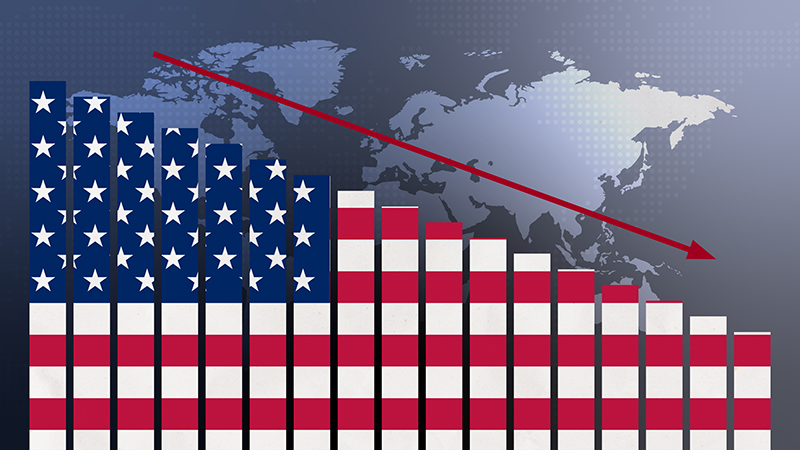For many people, finding ‘Mifid II legislation – represent the wealth sector’s interests’ at the top of your to-do list on your first day in a new job might be sufficient to make it your last day, too. Then again, you don’t spend most of a three-decade career in trade associations, as Liz Field has done – more than half of that as a chief executive – if you are fazed by lobbying and advocating around regulation. Even the Brussels-based variety.
So, in 2014, when she took over as chief executive of what was then the Wealth Management Association and three years later, after merging with the Association of Professional Financial Advisers, became the Personal Investment Management & Financial Advice Association, Field duly set about representing the wealth sector’s interests in what ultimately proved merely the first in a decade-long sequence of huge regulatory projects.
See also: Morningstar: There’s no finish line in sight for Consumer Duty
“Mifid II ended up being a four-year programme of work, which then linked into Brexit and how the rulebook might need to change as it was onshored into our regulatory framework,” she explains.
“That then morphed into Consumer Duty – and all these projects have required us facilitating, getting the members together in different work streams and looking through, end to end, the nature of their business and how it is impacted.
“Of course, Mifid II was slightly different because it was being developed by the EU – albeit with heavy input from the then-FSA. Furthermore, the intermediated model of wealth management in the UK is completely different to the way it is done in mainland Europe so Brussels did not immediately understand why financial and investment advice was not just delivered by a bank or an insurance company, as it is on the continent.
See also: Pimfa reveals winner of D&I awards
“It needed a different approach, with us going through the emerging rulebook with a UK wealth management lens and then explaining why something did not work in a UK context. It was a process of: let’s look at each element of the rules as they emerge – what will the implications be? How might that apply – or not? Feeding back, getting things refined, getting some wins – and then back in again. It was very much an iterative process.
To read more visit the February edition of Portfolio Adviser Magazine











